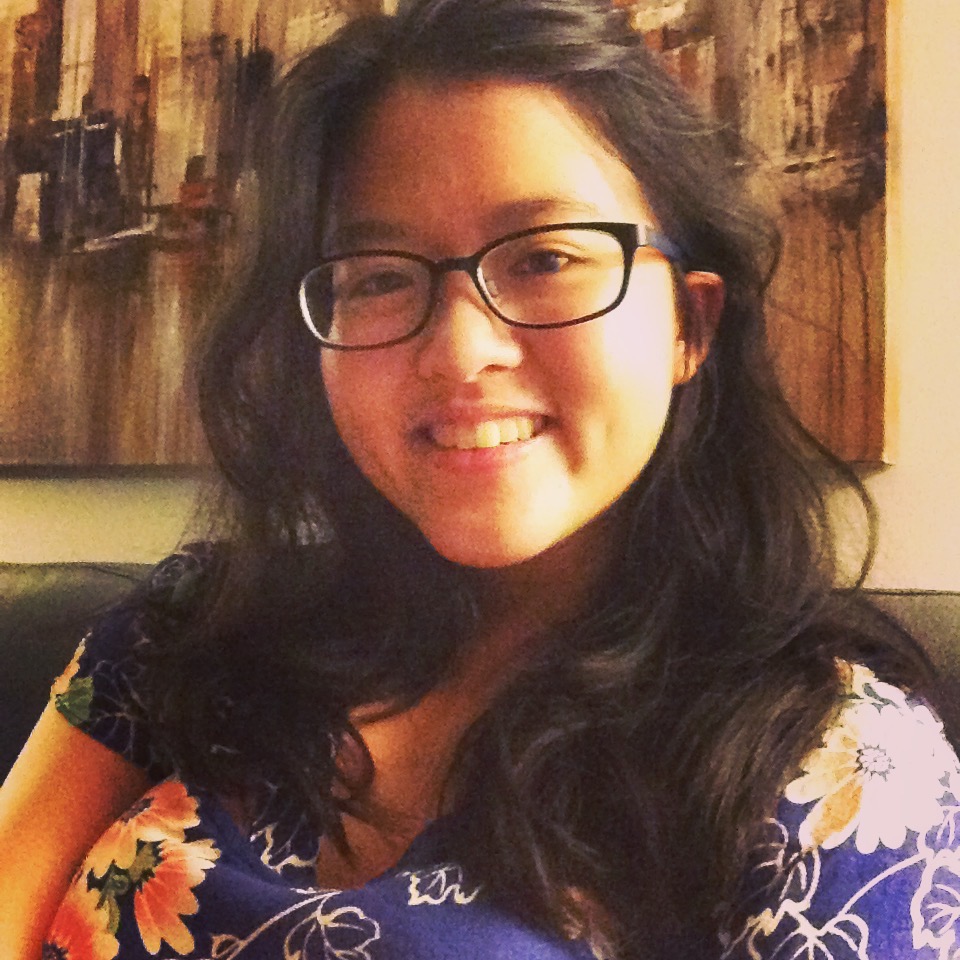
I am a post-doc (Scientist I) at the Allen Institute for Neural Dynamics in Seattle, WA. My research focuses on building computational models to understand how neuromodulators individually or in conjunction regulate decision-making and learning. At AIND, I do this by collaborating closely with experimentalists and directly using my data-analysis and modeling results to drive experimental design, allowing for quick iterations and closed loop
I consider myself a Computational Cognitive Neuroscientist, with a focus in modeling, theory, and data analysis. I’ve conducted research in Cognitive Modeling (both in Connectionist and Bayesian methods) and did my PhD work on dopaminergic models of reinforcement learning. A non-exhaustive list of collaborators I’ve been very lucky to recieve mentorship from include Jay McClelland (Stanford), Andrew Saxe (Stanford), Sam Gershman (MIT), Will Dabney (DeepMind), Nathaniel Daw (Princeton), and Ilana Witten (Princeton). I am currently advised by Jeremiah Cohen, with Michael Frank (Brown) as a secondary advisor.
I enjoy working on interdisciplinary research problems that study cognitive behaviors by modeling neuroscience data. My research interests are broad because I don’t have a particular preference for the cognitive behavior I study, the type of dataset I model, or the modeling methodology. I am simply excited by modeling work that have interesting theoretical implications for neuroscience and/or cognitive science. These days I prefer working with rodent behavioral + neural data. I am always excited to talk about science. Shoot me an email if you have data that is puzzling and interesting, or just want to talk about science in general.
Non-Research Projects
A smattering of random projects outside of academia that I’ve done.
-
After college, I spent a few years pursuing Product/Program Management in the Bay Area. I interned at Tableau Softwares (2015 Summer). I worked for Microsoft Powerpoint for a full year (2016 - 2017). My main project for MSFT PPT was Accessibility i.e. I helped develop features that help blind and deaf users use MSFT PPT effectively. Microsoft subsequently won the Helen Keller Achievement Award from the American Foundation for the Blind in 2018 for their contributions to accessible technology.
-
In highschool, I spent several summers working for Stanford’s REAP Program to help rural children in China have better access to education.
